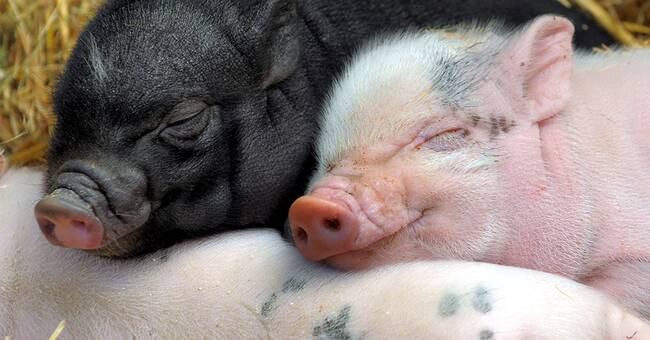In the national public health survey, 42 percent stated that they had sleep problems last year.
Not getting enough sleep has a big impact on how well your body works.
Caffeine works - but only for a certain amount of time
SVT Vetenskap has asked Swedish sleep researchers what their main tips are for sleeping well.
According to Annika Norell Clarke, who researches sleep at Karlstad University, clear contrasts must be created between day and night.
- Make sure you get daylight early in the day and preferably caffeine in the morning, it helps you to perk up.
Stimulants such as coffee and nicotine should be used with caution later in the day.
A few hours before bedtime, the lighting should be dimmed and calmer activities chosen to lower the warm-up level.
Worry biggest sleep disturbance factor
Annika Norell Clarke points out that it is important to think about things during the day, to avoid the thoughts rushing when you go to bed.
- There should be plenty of time before bedtime to plan, reflect and actually worry, so that bedtime is not the only moment you think about life.
Sleep researcher Torbjörn Åkerstedt, who is a professor of psychology at Karolinska Institutet, also highlights anxiety as a problem factor.
- The biggest sleep disturbance factor in general is anxiety for tomorrow.
The pandemic makes many people worried about illness.
Following the advice can reduce anxiety.
You can also be worried about not being able to meet your loved ones, which can be easier by having close contact via telephone and internet.
Physical activity an important factor
Exercise lifts both researchers as a tip for better sleep.
Physical activity shortens sleep time and makes deep sleep longer, according to Annika Norell Clarke.
- Exercise no later than a couple of hours before bedtime because it has an invigorating effect in the short term, says Annika Norell Clarke.
Be restrictive about sleeping during the day
Torbjörn Åkerstedt suggests that the room you sleep in should be quiet, dark and cold.
One should be restrictive with how and when one chooses to take naps, as it can reduce the need for sleep before night sleep.
- It leads to longer sleep time, more awakenings, less deep sleep and shorter sleep overall, says Torbjörn Åkerstedt.
Want to know more about sleep and how we can affect it? Watch The World of Science: "The hunt for good sleep" on Monday 22 March at 20.00 on SVT2 or already now on SVT Play.

